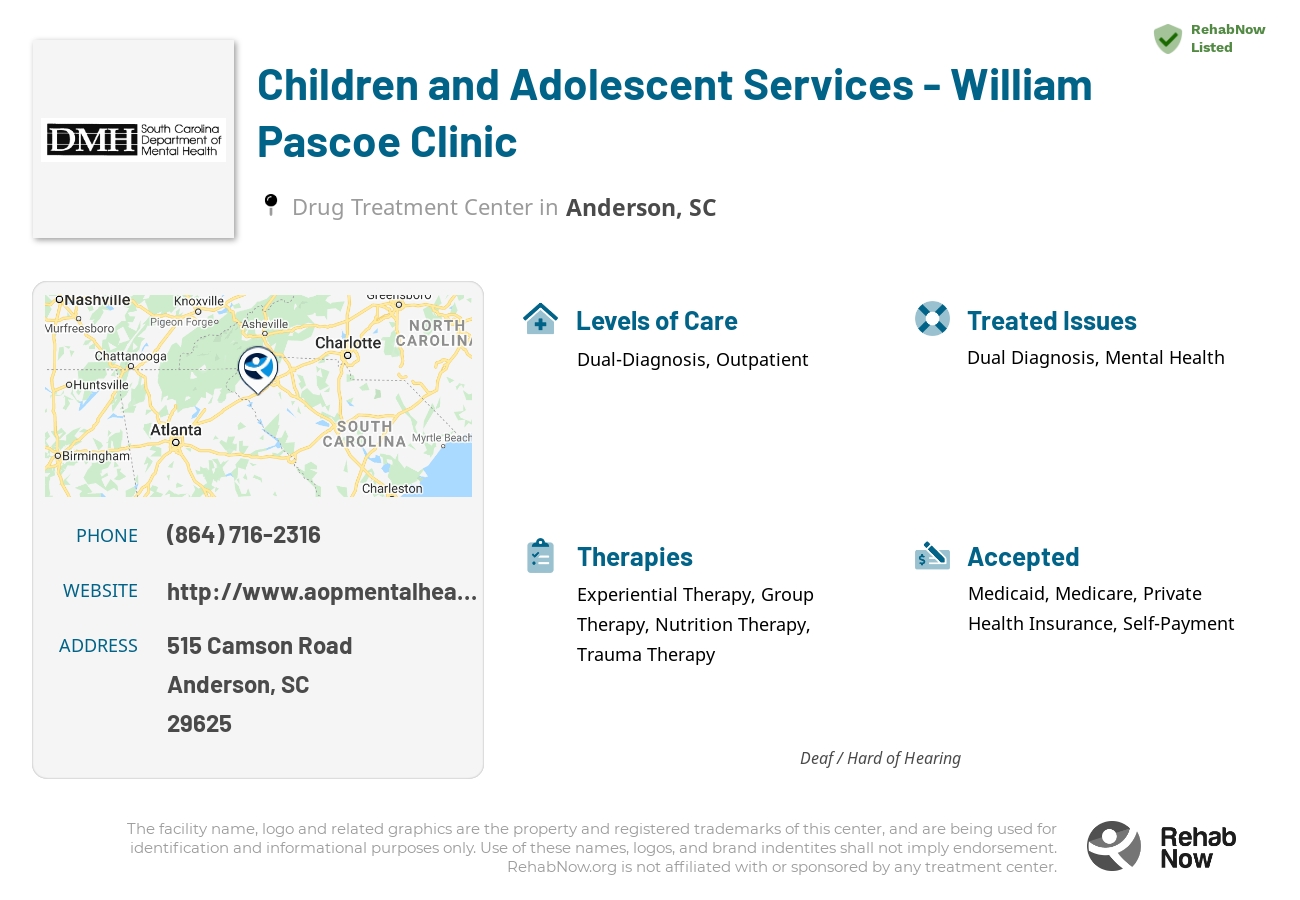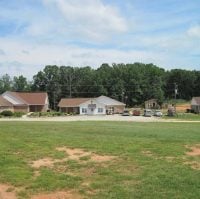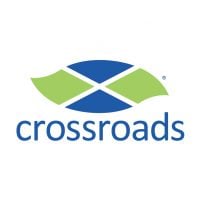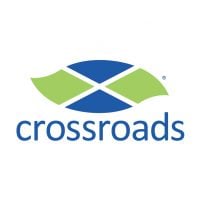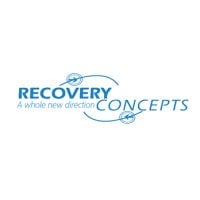Children and Adolescent Services - William Pascoe Clinic
Drug Rehab Center in Anderson, South Carolina
Children and Adolescent Services - William Pascoe Clinic provides comprehensive addiction treatment services to individuals of all ages, including residential, outpatient, and intensive outpatient programs, individual and group therapies, clinical assessments and evaluations, mental health and educational services, family and couples counseling, and aftercare support.
About Children and Adolescent Services - William Pascoe Clinic in South Carolina
Children and Adolescent Services - William Pascoe Clinic in Anderson, South Carolina is a licensed, accredited and experienced facility providing comprehensive addiction treatment services to individuals of all ages. The clinic offers a full range of services including residential, outpatient and intensive outpatient programs, along with an assessment and referral system. Through individualized care, the team at the clinic is committed to providing the best care for each patient and their family.
At Children and Adolescent Services - William Pascoe Clinic, a broad range of specialized services are available to address addiction and substance abuse. This includes individual and group therapies, clinical assessments and evaluations, relapse prevention and recovery services, as well as life skills and relapse prevention education. Additionally, the clinic provides mental health and educational services, family and couples counseling and aftercare support to ensure long-term recovery and successful relapse prevention strategies.
Children and Adolescent Services - William Pascoe Clinic is accredited by the Joint Commission, and holds licenses from the South Carolina Department of Mental Health and the South Carolina Department of Alcohol and Drug Abuse. Additionally, the clinic is in network with most major insurance providers and accepts a variety of private payment options. The clinic’s staff is composed of qualified and experienced professionals and provides individualized, compassionate care to maximize success rates and ensure the most comprehensive addiction treatment to its patients and their families.
Genders
Ages
Modality
Additional
Conditions and Issues Treated
A “dual diagnosis” is when the individual has two medical issues at the same time. The top co-occurring mental disorders with addiction are depression, anxiety, ADHD, bi-polar disorder. Addiction is also considered a mental illness that is not a choice but rather a medical condition. Addiction can be caused by any number of underlying issues.
Dual diagnosis is provided by Children and Adolescent Services - William Pascoe Clinic to treat addictive tendencies as well as any untreated mental illnesses. This ensures successful long term health and recovery for patients after treatment has been completed.
Dual diagnosis is provided by Children and Adolescent Services - William Pascoe Clinic to treat addictive tendencies as well as any untreated mental illnesses for people in South Carolina. This ensures successful long term health and recovery for patients after treatment has been completed.Levels of Care Offered
This center offers a variety of custom treatment tailored to individual recovery. Currently available are Dual-Diagnosis, Outpatient, with additional therapies available as listed below.
Outpatient programs at Children and Adolescent Services - William Pascoe Clinic, the Anderson resident can live with their family while continuing with their job or studies. Treatment includes educating the patient on drug abuse, medications, and counseling sessions at the individual or group level. Outpatient treatment plans cover diagnosis, detoxification, management, and counseling. They are a popular option for those who have graduated from inpatient facilities.
Therapies & Programs
Group therapy sessions are another common addiction recovery service. These group sessions typically involve six to 12 addicts who meet regularly with a trained professional for support and guidance.
During these sessions, the group shares their experiences with one another and provides feedback that can help each member avoid relapse or overcome specific obstacles they are facing in their recovery process. With this type of support and guidance, addicts can feel like they are part of a community that understands their struggles and will help them get through the hard times.
Many people struggling with drug addiction have experienced some form of trauma in their lives. It is crucial that these individuals seek out professional help; otherwise, their drug abuse and addiction will likely continue.
Therapists and counselors at drug treatment centers employ several treatment programs to help people struggling with drug addiction, including trauma therapy. Trauma therapy helps people dealing with addiction by allowing them to confront the traumas of their past and move past them.
It is important to note that trauma therapy should not be confused with PTSD (post-traumatic stress disorder). Rather, it is used to treat the effects of trauma, which are often at the root of addiction.
Cognitive Behavioral Therapy (CBT) focuses on the underlying thoughts and behaviors that caused the problem of addiction in the first place and may cause a relapse. Negative feelings are common in drug abuse disorders, but they can lead to co-occurring disorders if not recognized. CBT involves strategies that help to change the behavior pattern by restructuring negative thoughts into positive ones. It helps to remove these feelings, and it provides long-term benefits. Also, CBT promotes self-awareness and self-control. It can be administered as a monotherapy or as part of combination therapy.
CBT can improve the patient’s mood, reduce drug cravings and boost success rates on treatment plans. Regular practice can help individuals handle negative attitudes, thoughts, and feelings without turning to drugs or alcohol. The core belief of Cognitive Behavioral Therapy (CBT) is that one’s moods, behaviors, and actions are all connected. Individuals can improve their quality of life using CBT. It helps addicts understand the patterns of thought and feelings that cause them to use drugs or alcohol and develop a healthy response.
Medical nutrition therapy for addiction helps patients at Children and Adolescent Services - William Pascoe Clinic avoid “trigger” foods. Someone who craves alcohol may be sugar addicted. Eating a balanced diet with adequate protein, vegetables, and fruit can help reduce drinking urges.
MNT is a type of addiction treatment that teaches patients about healthy eating habits while counseling them. These sessions include meal planning, cooking demonstrations, shopping tips, grocery store tours, and food education.
Nicotine replacement therapy is a drug treatment that allows people to get the effects of nicotine without chewing or smoking. The therapy is often done with a patch, and doses of nicotine are reduced until nicotine is no longer needed. NRT helps smokers get nicotine into their system without resorting to smoking, and it has been shown to be an effective way to help people quit smoking. Coupling NRT with counseling and other means of support gives long-term smokers a better chance of removing their unhealthy habit.
Patient Experience
Experiential Therapy at Children and Adolescent Services - William Pascoe Clinic
Drug addiction causes the formation of abnormal connections between neurons in the brain to form due to repeated exposure to drugs. These connections are responsible for addictive behaviors to drugs. Experiential therapy is done with patients individually and is different from traditional talk therapy. This therapy can help people revisit past traumas, heal, and move on in life in a more authentic way.
Experiential therapy uses activities to recreate experiences that may have caused trauma or negative emotions. These activities include role-playing, arts and crafts, animal care, music, or rock climbing. The individual will gradually experience calmness and love and change their perception positively through this therapy. Other than drug addiction, experiential therapy can be helpful for behavioral or eating disorders.
Payment Options Accepted
For specific insurance or payment methods please contact us.
Is your insurance accepted?
Ask an expert, call (888) 674-0062
Additional Details
Specifics, location, and helpful extra information.
Anderson, South Carolina 29625 Phone Number(864) 716-2316 Meta DetailsUpdated November 25, 2023
Staff Verified
Children and Adolescent Services - William Pascoe Clinic Patient Reviews
There are no reviews yet. Be the first one to write one.
Anderson, South Carolina Addiction Information
More than 610,000 of South Carolina residents, or a staggering 11.9% of the state population, uses illicit drugs and another 230,000 residents abuse alcohol every year. A majority of the illegal drugs used and abused are opioids. Marijuana use and underage drinking occur amongst the young residents of this state–though at a lower rate compared to the national average.
The drug addiction problem in Anderson, South Carolina is relatively severe. According to the National Institute on Drug Abuse, approximately 9.3 percent of residents reported past-month illicit drug use in 2014. In 2017, there were 1,438 admissions to state-funded treatment facilities for addiction to heroin. Most rehab programs will provide a variety of treatments to help you overcome your addiction. These may include individual counseling, group therapy, 12-step meetings, and aftercare support.
Treatment in Nearby Cities
- Saint Matthews, SC (125.5 mi.)
- Walterboro, SC (162.8 mi.)
- Gaston, SC (104.2 mi.)
- Sumter, SC (141.3 mi.)
- Saluda, SC (64.8 mi.)
Centers near Children and Adolescent Services - William Pascoe Clinic
The facility name, logo and brand are the property and registered trademarks of Children and Adolescent Services - William Pascoe Clinic, and are being used for identification and informational purposes only. Use of these names, logos and brands shall not imply endorsement. RehabNow.org is not affiliated with or sponsored by Children and Adolescent Services - William Pascoe Clinic.


